Do Dental Implants Set off Metal Detectors
Do Dental Implants Set off Metal Detectors?
If you’ve ever wondered whether or not your dental implants will set off a metal detector, the answer is most likely no. Dental implants are made of titanium, which is a non-ferrous metal. It contains no iron and won’t trigger a metal detector.
However, there are some cases where an implant might set off a metal detector, such as if the implant is placed near a ferrous metal object, like a filling.
If you’re considering dental implants, you may wonder if they’ll set off metal detectors.
So if you’re worried about setting off alarms at the airport or other security checkpoints, you can rest assured that your dental implants won’t be the cause.
Do Dental Implants Set off Metal Detectors
Will Titanium Implants Set off Metal Detectors?
There is no simple answer to this question, as it depends on several factors. Metal detectors work by detecting magnetic fields, so the strength of the magnetic field emitted by an object will affect whether or not it sets off the detector. Titanium has a relatively low magnetic susceptibility, meaning it is less likely to be affected by magnetic fields than other metals.
However, this does not mean titanium implants will never set off metal detectors. Factors such as the size and shape of the implant and the type of metal detector being used can affect whether or not an implant will trigger an alarm. In general, titanium implants are unlikely to set off most metal detectors.
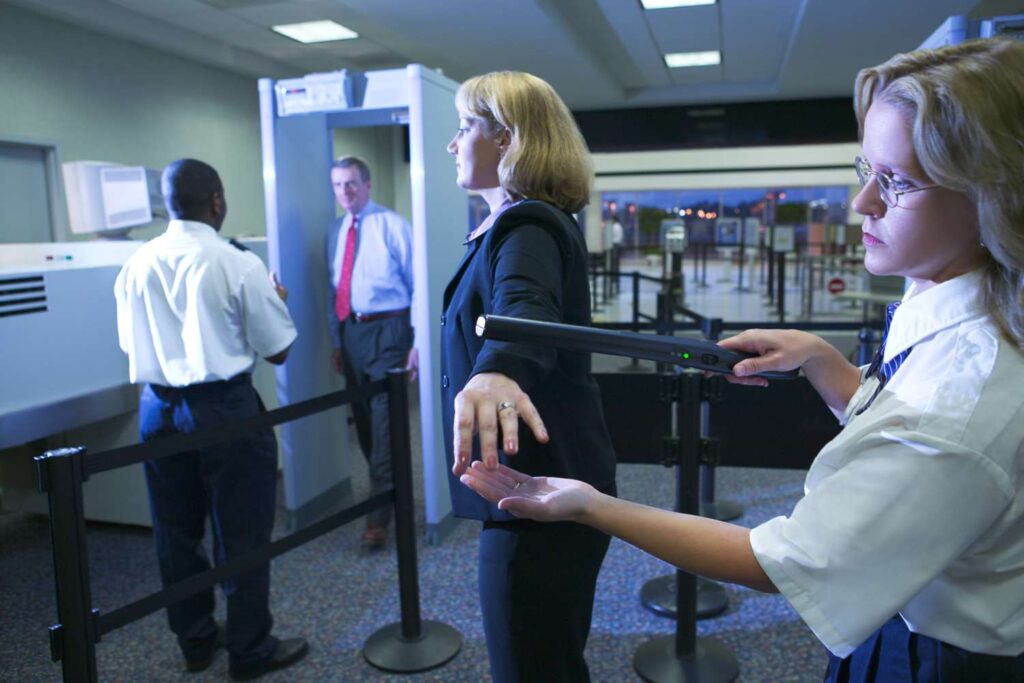
Does Tooth Implant Affect MRI?
No, having a tooth implant should not affect MRI images. The metal in the implant is typically made of titanium, which is non-ferromagnetic and will not be affected by the magnetic field used in an MRI. However, it’s always best to check with your radiologist beforehand.
Do Dental Implants Contain Metal?
Yes, dental implants contain metal. The most common type of dental implant is made of titanium, a strong and biocompatible metal. Titanium has been used in medicine for over 50 years and is the metal of choice for many medical devices, including hip replacements and pacemakers.
Dental implants are placed in the jawbone and fuse with the bone over time. This process, called osseointegration, anchors the implant securely in place.
Does Stainless Steel Set off Airport Metal Detectors
If you’re packing stainless steel in your carry-on or checked baggage, you’ll want to know if it will set off the metal detector at the airport. Here’s what you need to know. Stainless steel is an alloy of iron, chromium, and other metals.
It’s used in various products, from flatware to cookware to automotive parts. Stainless steel is durable and resists corrosion and rust. While stainless steel mostly comprises iron, it also contains small amounts of chromium.
Chromium is what gives stainless steel its distinctive luster and resistance to rusting. However, this same element can also cause problems at the airport. When going through a metal detector, anything that contains metal will trigger an alarm.
The amount of metal in stainless steel is enough to set off most detectors. In fact, even some items primarily made of other materials but with a small amount of stainless steel can also set off detectors. This includes watches with stainless steel bands or belts with metal buckles.
If you’re carrying any item made mostly or entirely of stainless steel, be prepared for it to trigger the alarm on the metal detector. You may need to remove the item from your bag so that it can be examined by security personnel.
Dental Implant Metal Detector
When considering dental implants, you may wonder about the different implant materials available. One option is a metal implant made from titanium or another type of metal. Metal implants are strong and durable and can last many years.
However, they may not be the best choice for everyone. Some people may be allergic to metals, and metal implants can also set off metal detectors. If you have concerns about any of these issues, talk to your dentist to see if a metal implant is right for you.
Do Dental Implants Hurt
If you’re considering dental implants, you may wonder if they hurt. The good news is that with today’s technology, most people report very little discomfort during and after the procedure. During the surgery, your dentist will make small incisions in your gums to access the bone.
Then, they will place the implant into the hole and secure it with screws. You may feel pressure during this procedure, but it should not be painful. Afterward, you may have some soreness in your gums and jaw.
This is normal and can be managed with over-the-counter pain medication. Your dentist will also give you specific instructions on how to care for your mouth as it heals. Within a few weeks, you should be back to your normal routine!
Do Titanium Implants Set off Airport Metal Detectors
If you have a titanium implant, there’s no need to worry about setting off metal detectors at the airport. Titanium is a non-ferrous metal, which means it doesn’t contain iron and won’t trigger the alarm. However, if your implant is made of steel or another type of ferrous metal, it’s possible that it could set off the detector.
If you’re unsure what type of metal your implant is made of, ask your doctor before going through security.
Do Dental Crowns Set off Metal Detectors
If you’re wondering whether dental crowns will set off metal detectors, the answer is maybe. It depends on the type of metal in the crown and how much metal is used. If your crown is made of non-ferrous metal like gold or platinum, it’s unlikely to trigger a metal detector.
But if it’s made of a ferrous metal like iron or steel, there’s a chance it could set off the alarm. And if your crown contains a lot of metal, it’s more likely to cause problems at airport security checkpoints.
So if you’re planning to travel with dental crowns, check with your dentist or orthodontist beforehand to find out what type of metal they’re made of and whether they could pose any problems at security checkpoints.
Does Titanium Hip Set off Airport Metal Detectors
If you have a titanium hip, you may wonder if it will set off airport metal detectors. The answer is maybe. It depends on the type of detector and how it is calibrated.
If you are concerned about setting off the alarm, you can always request a pat-down instead.
Do Metal Dentures Set off Airport Security
The simple answer is no; metal dentures will not set off airport security. However, there are a few things to remember if you have metal dentures. First, if you have any removable dental work (dentures, bridges, etc.), it’s important to remove them before going through the security checkpoint.
This is because the x-ray machine can’t see through metal, so the TSA agents won’t be able to see your teeth or gums. Secondly, even though metal dentures don’t set off the alarm, they will show up on the x-ray machine. So, if you have them in when going through security, the TSA agents will know and may ask you to remove them for further inspection.
Do Fillings Set off Metal Detectors
Do Fillings Set off Metal Detectors? If you’re planning on going through a metal detector with dental fillings, you may wonder if they will set it off. The answer is maybe.
It depends on your filling and the metal detector’s sensitivity. Amalgam fillings, made of a mixture of metals including silver, tin, and mercury, are the most likely to set off a metal detector. However, newer composite fillings made of ceramic or plastic are much less likely to do so.
Your dentist can tell you if you’re unsure what filling you have. Some metal detectors are more sensitive than others, so even if your filling isn’t particularly metallic, it could still set off the alarm. If you’re concerned about this, it’s best to consult with the security personnel at whatever event or venue you’re going to before going through the metal detector.
In most cases, though, dental fillings won’t pose a problem.
Conclusion
Dental implants are made of titanium, which is a metal. However, most dental implants are not detectable by metal detectors. The titanium in dental implants is usually not ferromagnetic, meaning it is not attracted to magnets and does not set off metal detectors.
There have been a few cases where people with dental implants have set off metal detectors, but this is usually due to other factors, such as having metallic objects nearby or having an implant larger than average.

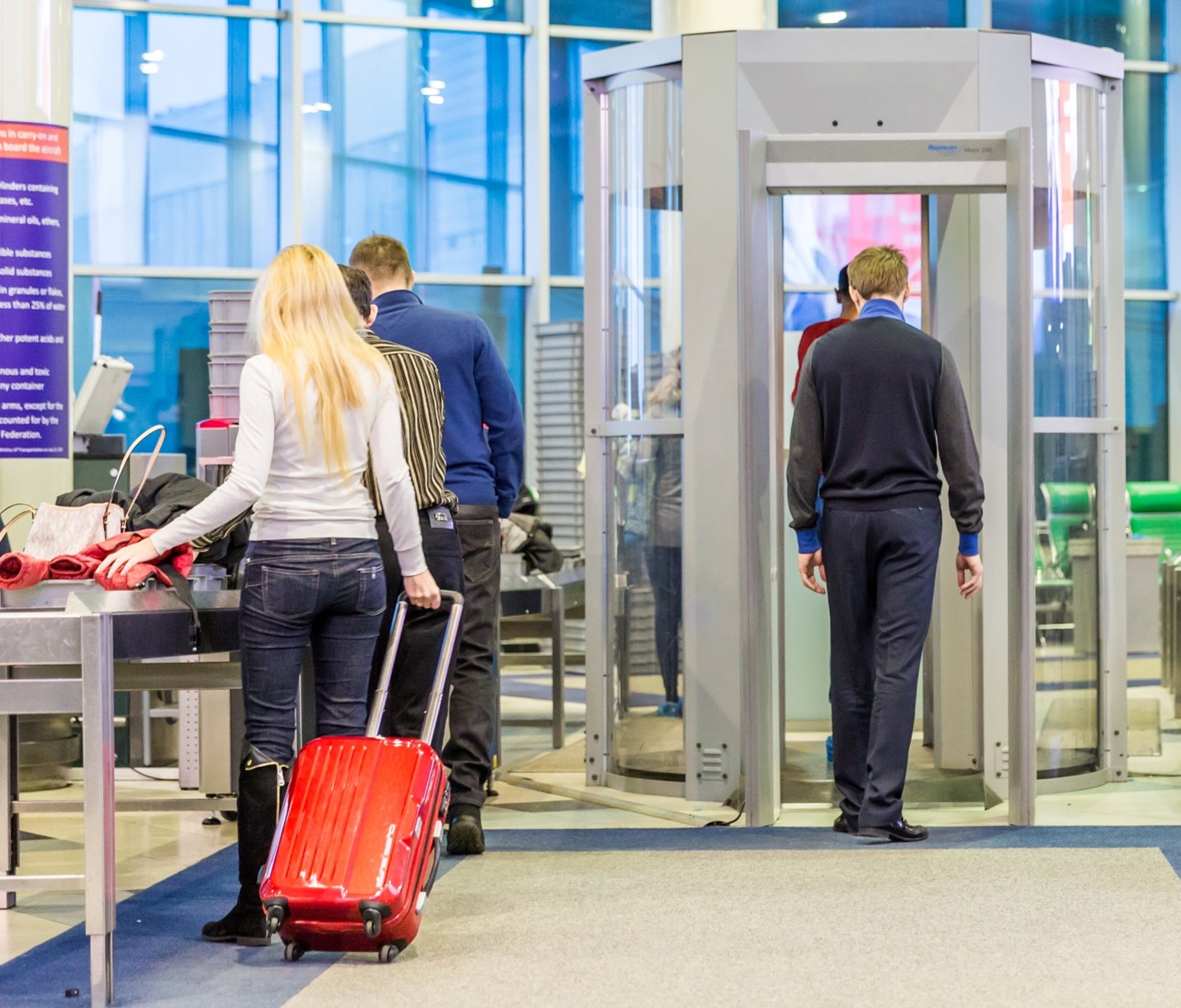
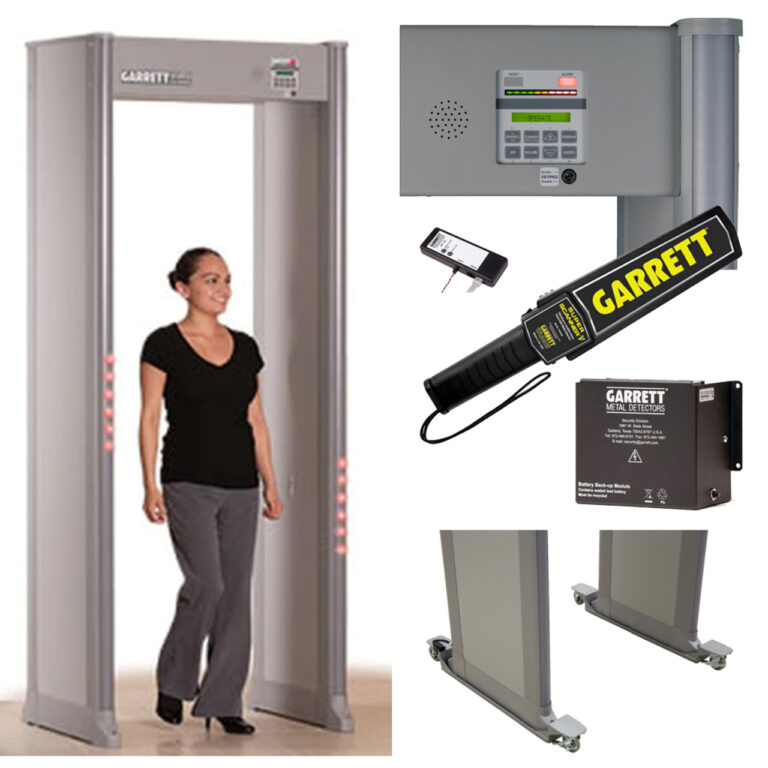
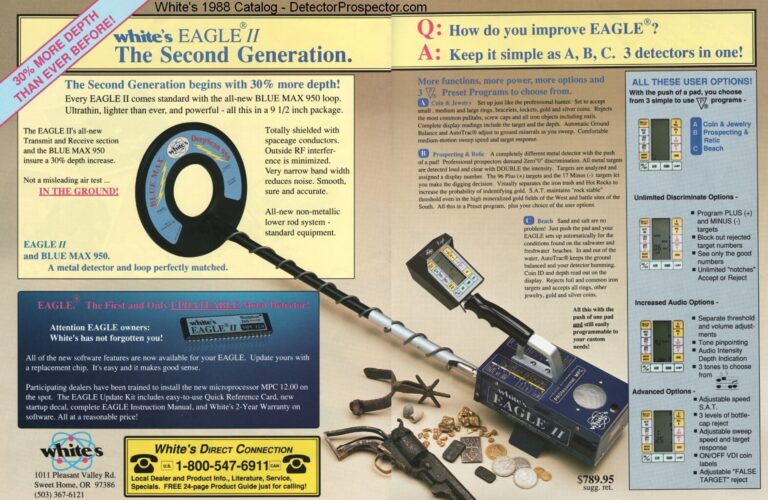
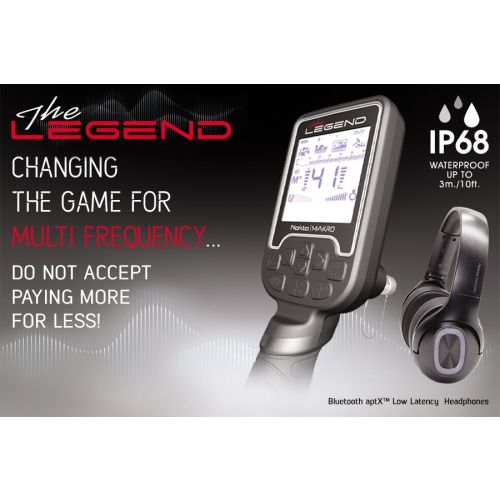


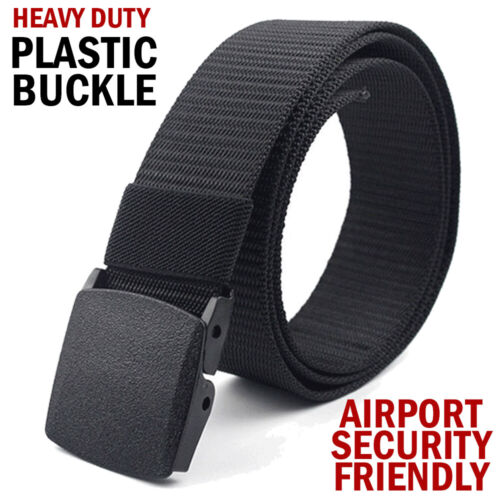
2 Comments